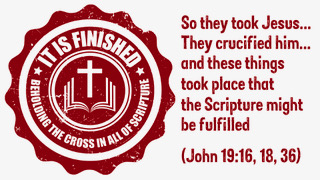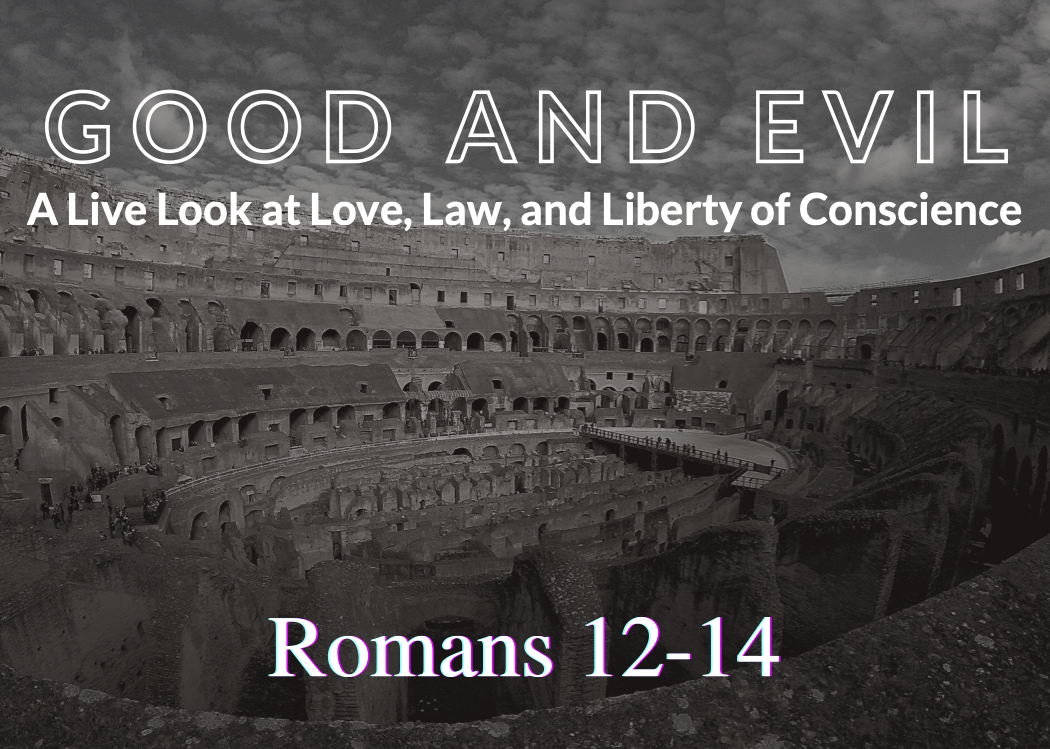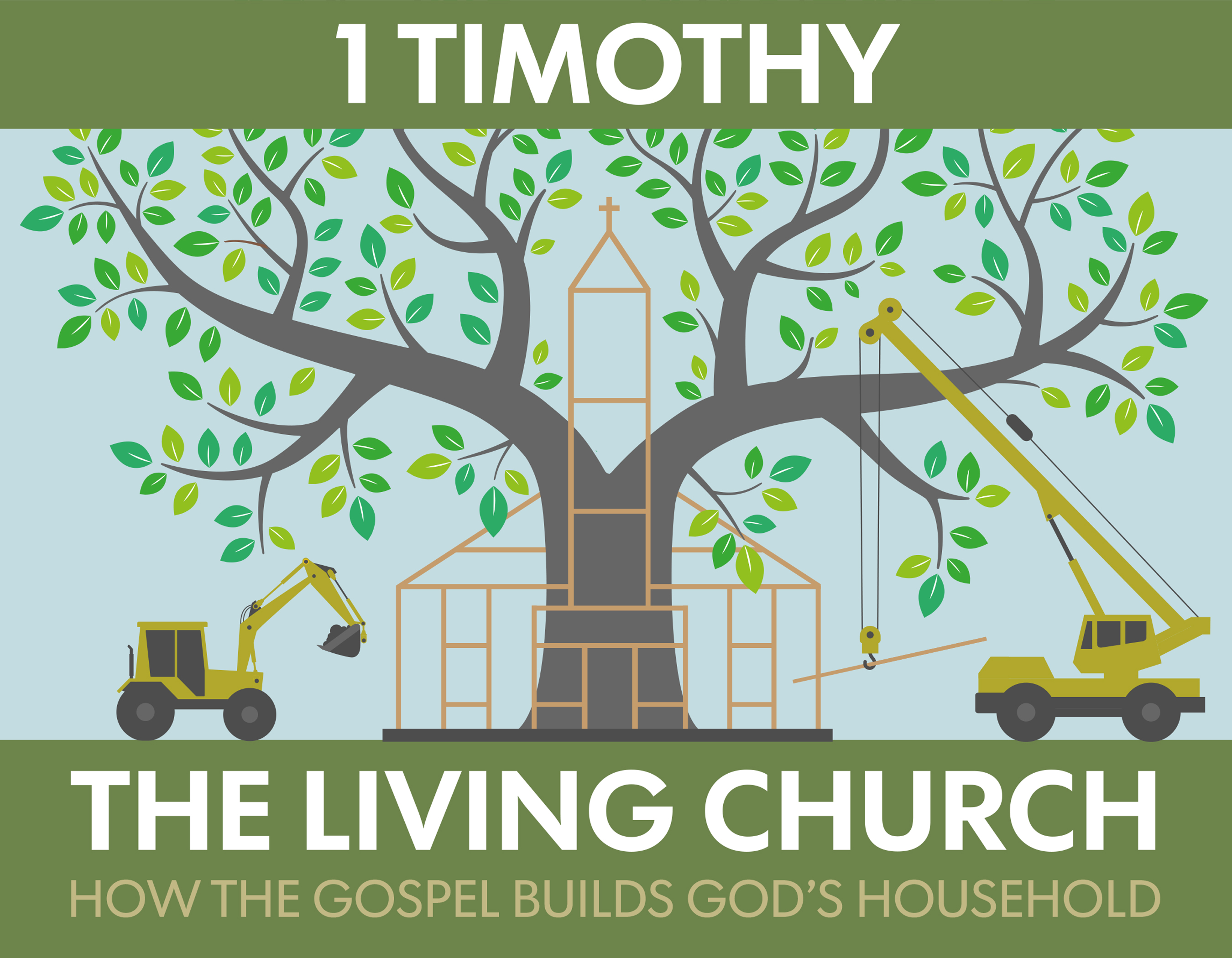 Now Barnabas wanted to take with them John called Mark. But Paul thought best not to take with them one who had withdrawn from them in Pamphylia and had not gone with them to the work. And there arose a sharp disagreement, so that they separated from each other. Barnabas took Mark with him and sailed away to Cyprus, . . .
Now Barnabas wanted to take with them John called Mark. But Paul thought best not to take with them one who had withdrawn from them in Pamphylia and had not gone with them to the work. And there arose a sharp disagreement, so that they separated from each other. Barnabas took Mark with him and sailed away to Cyprus, . . .
– Acts 15:37–39 –
In my computer files, I have a folder titled “New Covenant Baptist.” And within its contents, I have a handful of articles, agendas, and ideas dating back to April and May 2015. In those uncertain months, I gathered with a handful of earnest Christians who had just decided to leave the church where I pastored.
For nearly six years I served as the senior pastor of a church in small town Indiana. But for reasons I have shared elsewhere, my doctrinal convictions did not find a happy home in that assembly of the saints. Moreover, as I look back, there were elements of my ministerial passions that did not make my service a good fit. Almost a decade later, I am grateful for the time I spent at that church, and for the relationships the emerged from that season. All the same, I recognize that their new pastor is a much better fit.
This is how ministry goes and how churches grow.
Just as God planted a garden in Eden, so he plants churches all over the world, and in these churches, he guards and grows his saints. Sometimes, those branches abide in Christ and in a specific local church for generations. But sometimes, he uproots the Christian and grafts him or her into another garden (i.e., another local church). This is true for members, as well as pastors. And it is all part of God’s wise plan to mature his saints.
When Sharp Disagreements Lead to Church Plants
At the same time, this seasonal change is not always as easy as seeds blown on the wind, finding fertile soil, and beginning to bear fruit. No, as the story of Paul and Barnabas illustrates (Acts 15:36–41), there are often painful separations that divide genuine believers. And in 2015, that is what happened. And in response, a handful of earnest Christians began to meet and pray and talk about the need for starting a new church—one that, in their mind, would be better and more biblical.
At that time, those of earnest Christian were looking for a church that could not be found in the town we lived. And so we began asking the Lord if we should start a new church, and along the way we asked other questions, too. Are there churches in our area that preach the gospel? That practice biblical membership? That have a plurality of elders? Are there churches that would help us plant, or, would this be a solitary effort? And most importantly, what are we, under God, hoping to create? And, what makes this church different?
Looking at my notes, we didn’t ask two critical questions: How would this church impact other local churches? And how might our recent departure from another church misshape the planting of this church? More on that below.
More introspectively and missionally, we sought to take an honest look at what was motivating us. And so we discussed things like sources of influence, books/ministries that shaped our thoughts, and the priorities that would shape this church. In short, we began to consider the possibility of covenanting together to plant a church in, what we believed at the time, was an area bereft of faithful churches. Whether our assessment was correct or not, the Lord clearly had other intentions, and within a couple months, we did not start a new church.
Nevertheless, I believe there are at least four lessons that can be learned from our consideration of starting a church at a time. When pain fueled our passion for a new church, it caused us to miss a number of critical aspects of church planting. And so, I share those here for those considering a church plant that comes on the heels of a sharp disagreement. Continue reading
 Last year I wrote a
Last year I wrote a  In the Fall of 2019
In the Fall of 2019  Continuing the theme of monergism in salvation, we come to the debate regarding faith and regeneration. Does regeneration empower faith? Or does faith produce regeneration? Both are necessary for salvation, but what is their relationship? And how do we know?
Continuing the theme of monergism in salvation, we come to the debate regarding faith and regeneration. Does regeneration empower faith? Or does faith produce regeneration? Both are necessary for salvation, but what is their relationship? And how do we know?

 For Ezra had set his heart to study the Law of the Lord,
For Ezra had set his heart to study the Law of the Lord, 

